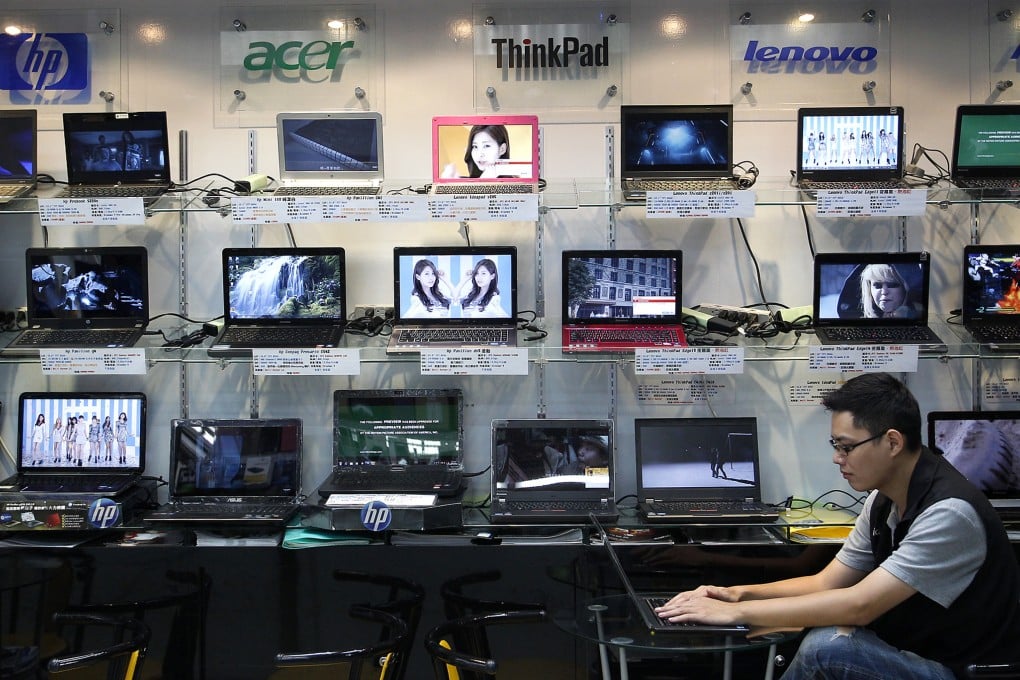A Chinese OS at last? More than 40 per cent of Dell PCs in China now running homegrown Windows alternative

After many failed attempts at promoting homegrown operating systems, Beijing may finally be making headway against Google, Microsoft and Apple, with more than a third of Dell machines in the country running an OS co-developed by the Chinese military.
The move comes as Dell has begun partnering with Chinese firms to expand into sectors seen as crucial to national security by Beijing.
Last week, the firm unveiled investments of up to US$125 billion as part of a new "In China, for China" strategy. Dell also announced a partnership with Chinese cloud computing firm Kingsoft and state-owned components maker China Electronics Corp, a subsidiary of which co-developed NeoKylin with the National University of Defence Technology under the Central Military Commission.
Dell is the first Western brand to make personal computers running NeoKylin, which is based on the open-source Linux OS popular with server operators, Han Naiping, chief executive of CEC-subsidiary China Standard Software, told the WSJ.